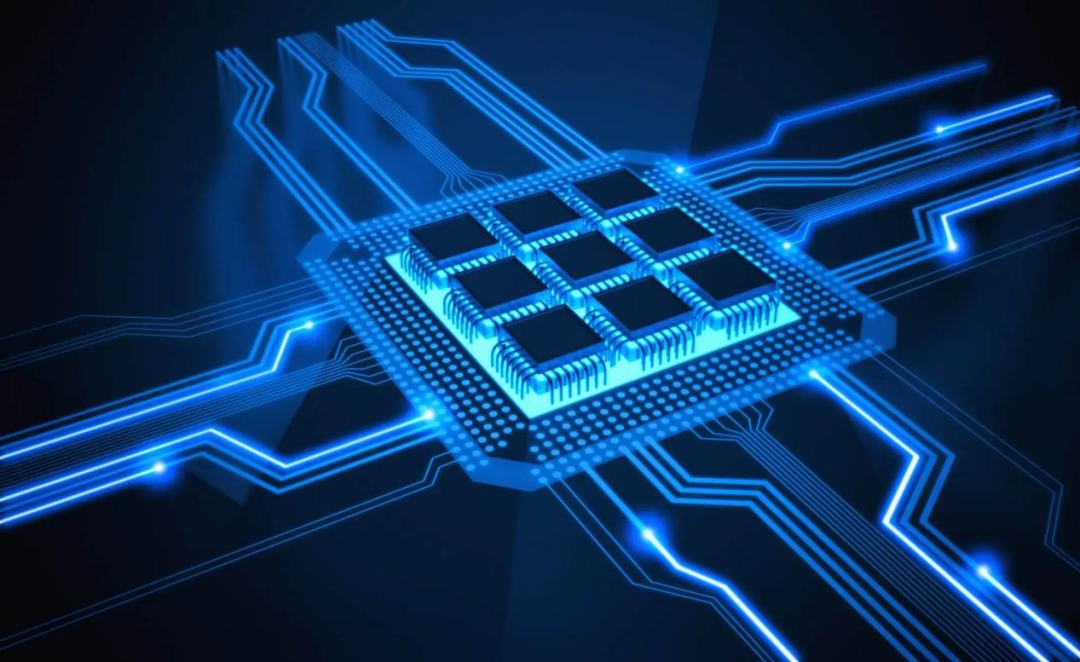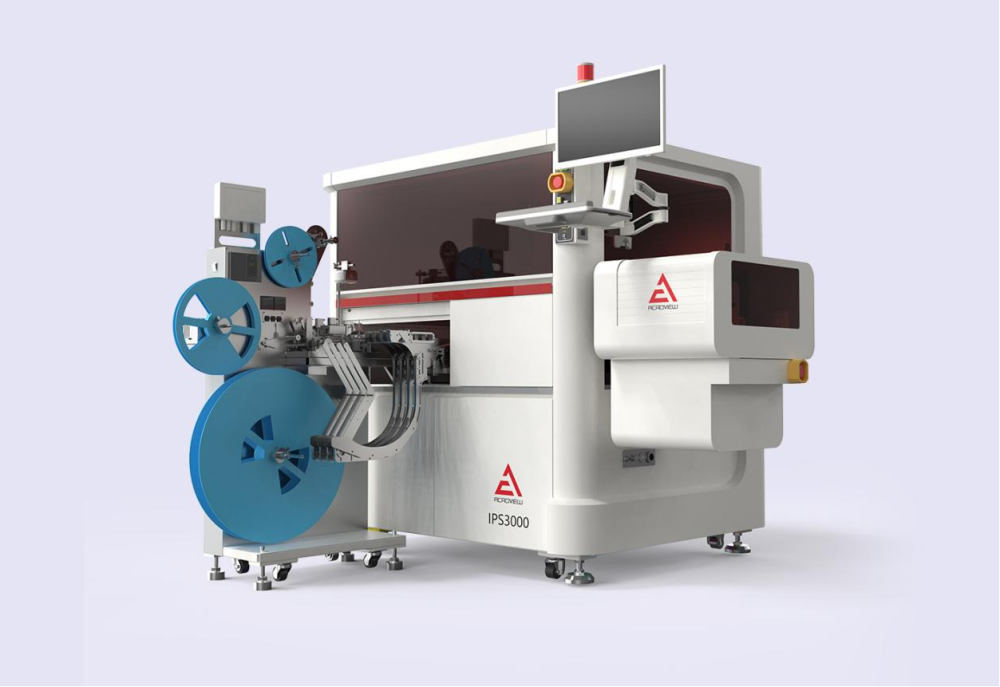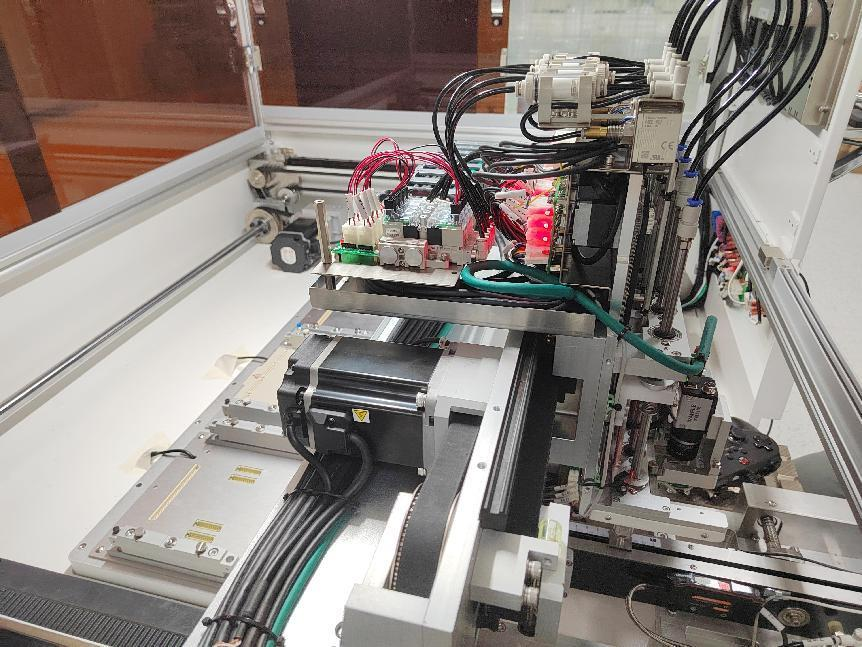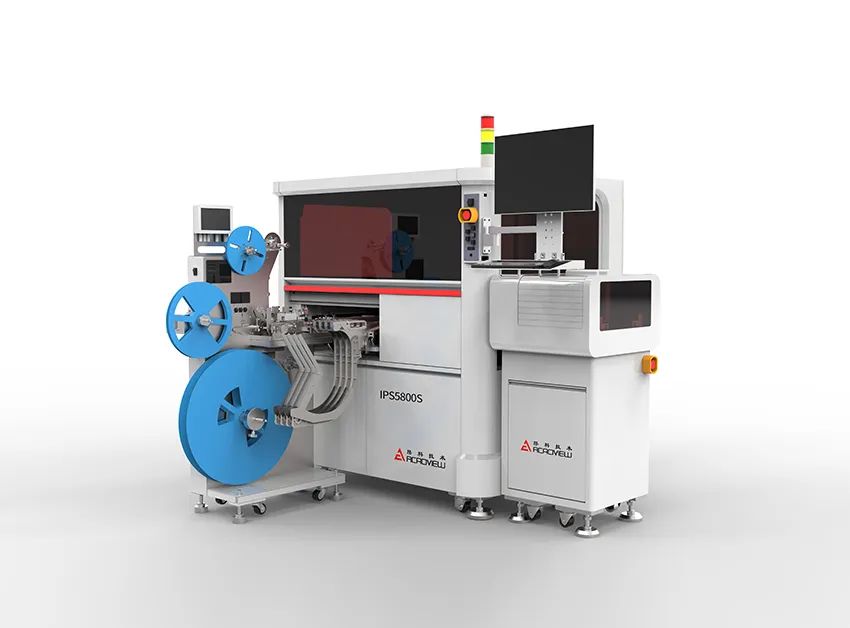

With the maturity of Internet of Things (IoT) technology and the continuous expansion of application fields, the global IoT industry is developing rapidly. Currently, IoT technology has penetrated various sectors such as industry, healthcare, transportation, urban management, home, and automotive. By integrating emerging technologies like cloud computing, big data analysis, and artificial intelligence, it accelerates the development and intelligent transformation of various fields. Chips, as key electronic components in the industrial intelligence process, are the core carriers for the realization of emerging technologies such as IoT and artificial intelligence.

Chips have become one of the pillar industries of national economic development, receiving significant attention and strong support from the government. In January 2022, the State Council issued the “Notice on Printing and Distributing the 14th Five-Year Plan for Digital Economy Development,” emphasizing the need to focus on strategic and forward-looking fields such as sensors, quantum information, network communication, integrated circuits, key software, big data, artificial intelligence, blockchain, and new materials. It aims to leverage the advantages of China’s socialist system, the new national system, and the vast market to enhance the foundational research and development capabilities of digital technology. Efforts are being made to improve the supply levels of basic software and hardware, core electronic components, key foundational materials, and production equipment, while strengthening the self-sufficiency guarantee capabilities of key products.

According to statistical data, the annual production rate of domestic chips reached 359.43 billion pieces in 2021, a year-on-year increase of 33.3%, while the self-sufficiency rate of chips also reached 36%. Although the chip industry has made significant progress, there is still a long way to go to achieve the goal of a 70% self-sufficiency rate by 2025.
From personal smart terminal devices such as smartphones and tablets to embedded smart hardware products like in-car navigation, learning machines, e-readers, game consoles, and advertising machines, the demand for chip programming has surged in recent years, driven by the wave of intelligence. In 2021, 80.6 billion chips needed to be programmed, and it is expected that the number will reach 90 billion in 2022. Chip programming is an essential part of the electronic product manufacturing process, essentially injecting the ‘soul’ into electronic hardware products. As electronic products become increasingly intelligent, the need for software support grows, not only for some MCUs and memory chips but also for high-end crystal oscillators that require programming.
In the early days, storage chips had small capacities, simple protocol algorithms, and low programming speed requirements, so general manual programmers were sufficient. However, for the new processes and high-capacity, high-speed chips introduced in recent years, traditional manual programmers struggle to meet the demands. On one hand, there is the soaring demand for mass production programming, and on the other hand, traditional programming solutions are becoming inadequate. With the rapid development of intelligent manufacturing, automated programming machines have emerged. The advent of automated programming machines eliminates the need for manual operation, saving human resources and reducing labor costs while ensuring high safety and significantly cutting down on waste costs.
In this environment where demand exceeds supply, a number of excellent chip programming companies have risen to the occasion, among which Anke Technology Co., Ltd., located in Shenzhen, stands out as a leader in the chip programming industry. Founded in 2013, Anke Technology has focused on high-tech research and manufacturing in the chip programming field, adhering to the development of independent intellectual property rights. It has obtained multiple invention patents and dozens of software copyrights in the chip programming field, dedicated to providing customers with outstanding chip programming products.

Anke Technology has maintained a 65% share of the new market for automated programming equipment for three consecutive years, serving numerous domestic and international customers. With its comprehensive strength of ‘product + innovation + service,’ it continues to set milestones in the chip programming industry and lead the pace of industrial development.

Among them, Anke’s series of automated programming machines are favored by domestic and international customers, with the most famous being the IPS3000 automated programming machine. The IPS3000 features a dual-suction nozzle chip pick-and-place system that achieves high speed and efficiency (UPH2500) while ensuring pick-and-place accuracy and ultra-quiet operation. The system supports programming for various small-sized chip packages and can accommodate up to four powerful Anke programming cores (AP8000). The system can be expanded to a maximum of 32 programming stations, interfacing with the MES (Manufacturing Execution System) to ensure that the entire production process is controllable and traceable, providing customers with high efficiency and cost-effective capacity utilization.

It is precisely because of the emergence of so many excellent enterprises that China’s electronic intelligent manufacturing industry can thrive. In the future, Anke Technology will continue to enhance the programming products demanded by customers, keeping the company’s development at the forefront of the industry and contributing to the development of China’s electronic intelligent manufacturing.
Scan to follow us

Anke Technology Service Account

Anke Technology Subscription Account